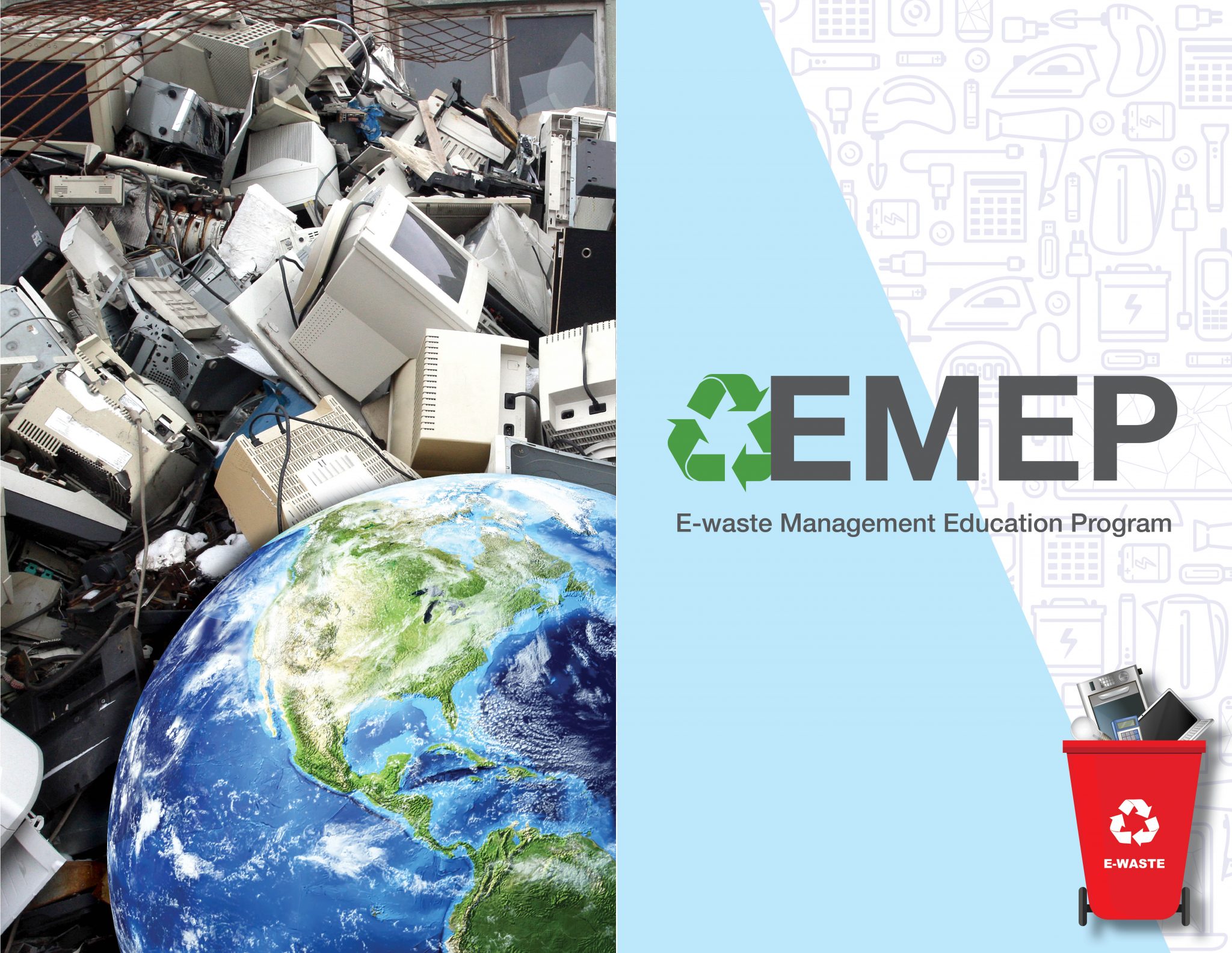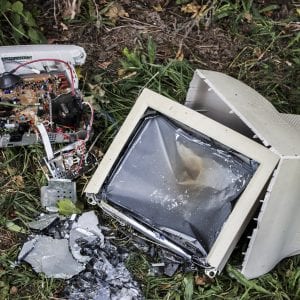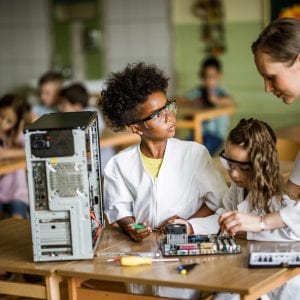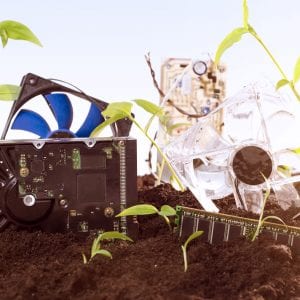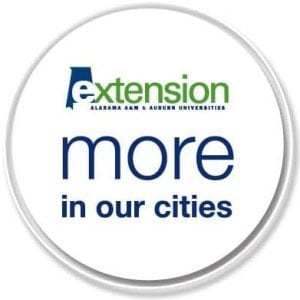Products & Programs

Education for all. Learn how to safely dispose of electronic waste (e-waste) to keep our planet healthy. Reduce, Reuse, Recycle: Let’s Erase Electronic Waste
What is EMEP?
- EMEP is the acronym for E-waste Management Education Program.
- EMEP teaches about the hazards of electronic waste (e-waste), the importance of recycling, and the benefits of being good stewards of the environment.
- EMEP works to increase awareness and help individuals adopt safe e-waste management practices.
What does EMEP offer?
- EMEP offers classes, seminars, workshops, and exhibits at learning levels that meet the needs of K–12th-grade youth as well as adults.
- EMEP partners with local organizations to hold free e-cycling drives and e-waste campaigns for the general public.
- EMEP can adjust its program to meet the needs of your class, business, community group or event.
E-waste
E-waste is defined as discarded electrical or electronic devices which are destined for refurbishment, reuse, resale, salvage recycling through material recovery, or disposal. Americans throw out over 9 million tons of e-waste every year.
Common E-waste Products
- Computers and laptops
- Telephones and cell phones
- Printers and printer cartridges
- Televisions and radios
- Household appliances
Harmful Substances Found in Electronics
- Mercury affects the nervous system (brain, spinal cord, and nerves)
- Arsenic causes lung cancer and damages the nervous system
- Cadmium harms the liver and impairs fetal growth
- Lead harms the brain, kidneys and nervous system
- Chromium irritates the nose, throat, lungs, skin, and eyes
Benefits of Recycling E-waste
- Saves energy
- Generates revenue
- Recovers precious metals
- Reduces carbon footprints
- Conserves natural resources
- Reduces environmental pollution
- Protects human and animal health
- Cuts down on greenhouse gas emissions
Contact Us
Contact us to share your interest in joining a future in-person or online workshop. We can customize the workshops to meet the needs of your group, professional organization, or classroom.
Alabama Extension serves all 67 Alabama counties. If your county isn’t listed below, contact the nearest county on the list or the program specialist in the state office.
State Office, Alabama A&M University
Karnita Garner, Wildlife and Natural Resources Specialist
Office: (256) 372-8331 Email: kfg0003@aces.edu
Urban Centers - EMEP Program
| City | Office | Educator | Phone Number | |
|---|---|---|---|---|
| Birmingham | C. Beaty Hanna Horticulture & Environmental Center | Bronson Lubresky | (205) 879-6964 | brl0015@aces.edu |
| Huntsville | Alabama A&M University | Karnita Garner | (256) 372-8331 | kfg0003@aces.edu |
| Mobile | Mobile County Extension Office | Joel Potter | (251) 574-8445 | potterj@aces.edu |
| Montgomery | Montgomery County Extension | Roosevelt Robinson | (334) 270-4133 | robinrl@aces.edu |
| Moulton | Lawrence County Extension | (256) 974-2464 | ams0137@aces.edu |
Follow us on Instagram @alabamanaturalresources.

